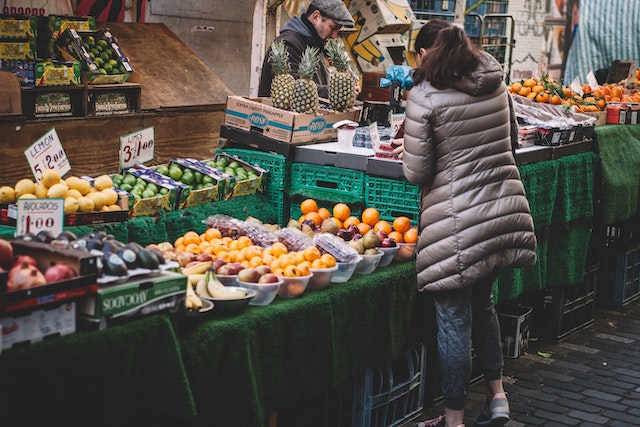There are myriad businesses that sell at farmers' markets, all with different reasons for being there, unique ways to reach customers, and variable ways to make money, reports The Wall Street Journal.
“Selling at markets is a great way to meet people in the community. It’s also a good way to learn business skills for younger people or new immigrants. Plus, you get paid on the spot, so you don’t have to wait,” said David K. O’Neil, an international market consultant.
In 2019, USDA found that across the U.S. there were 8,140 farmers' markets in operation. Many of these were forced to cease or modify operations during the pandemic. Since restrictions have been lifted, however, many of these markets have bounced back.
Dirty Girl Produce, named by the previous owners, is now run by Joe Schirmer, who leads a 40-acre farm operation in California. The brand is a veteran of farmers' markets.
“People go to the farmers market to get the best produce, and our model is quality,” he says, adding, “We know how to make everything look extra pretty and get it to the farmers market when it’s fresh, when it’s just picked.”
In each market, he offers between 15 to 40 different items, which he says helps differentiate him from other vendors by offering a larger selection.
In 2022, the farm did $74,000 in sales in the smallest market, and $500,00 at the largest, taking in roughly $1 million. He estimated that 60 percent of that income came directly from purchases at the markets, while the rest came from subscriptions, wholesale, and restaurants. After factoring expenses like labor, however, the company ended with a net loss of $60,000, which Schirmer attributed to economic and environmental issues.
Mercedes Rojas sells arepas, a Venezuelan-Colombian dish made from a corn pocket packed with fresh ingredients, meat, and cheese. At her stand, called the “Arepa Stand,” she, her brother, her mother, and seven team members operate in five markets, earning $500,000 a year, with a 20 percent profit.
“When you first start a business, you kind of feel like a hamster in a wheel just trying to get by,” said Rojas. “But then you look back and you realize just how far you’ve come. We are so proud of what we are building…and we continue to build upon this dream.” Full Story (Subscription Required)
Related: USDA Plans to Improve Organic Markets, Support Producers; SFA Podcast: 'Send Hot Sauce' With David Schmunk, African Dream Foods

